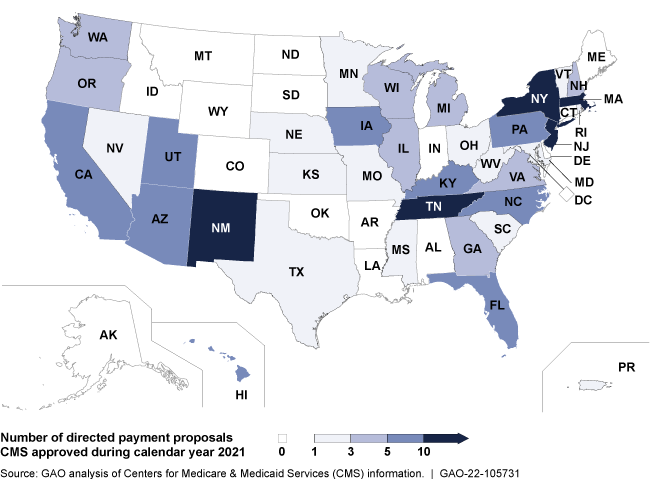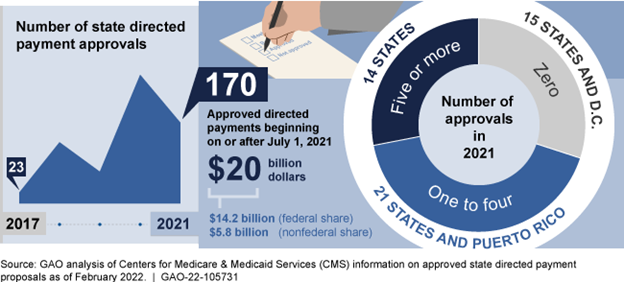MM Curator summary
[MM Curator Summary]: A hospital can now sue the state for stiffing it on millions of dollars in Medicaid bills- well technically for not making sure MCOs paid the bills.
The article below has been highlighted and summarized by our research team. It is provided here for member convenience as part of our Curator service.
St. Anthony Hospital alleges that the state agency overseeing Medicaid has failed to make private insurers deliver payments on time.
St. Anthony Hospital
St. Anthony Hospital, a nonprofit safety-net hospital on Chicago’s Southwest Side, can sue Illinois’ Medicaid department for allegedly failing to ensure that private insurers pay the hospital on time, a federal appeals court ruled this week.
From previous story on this
St. Anthony Hospital is suing the state, alleging that problems with Illinois’ Medicaid program threaten the hospital’s ability to care for patients in the midst of the COVID-19 pandemic.
In a lawsuit filed yesterday in the U.S. District Court for the Northern District of Illinois, the Little Village hospital alleges that the state’s $12.5 billion Medicaid managed-care program doesn’t comply with federal law and subsequently hurts safety nets that treat large numbers of low-income patients.
From <https://www.chicagobusiness.com/health-care/little-village-hospital-sues-state-over-medicaid-program>
Under the program, the state pays six private insurers—known as managed-care organizations—to administer Medicaid benefits to beneficiaries in Illinois. The goal is to improve people’s health and control costs by ensuring all care is appropriate and high-quality. But health care providers, safety nets in particular, say claim denials and late payments from insurers jeopardize their operations.
“The state’s failure to provide the required oversight of (managed-care organizations) has placed unsustainable financial pressure on St. Anthony,” the lawsuit says. “Now, in the face of the COVID-19 pandemic, St. Anthony’s finances are approaching a crisis point.”
St. Anthony said in the complaint that as of mid-February it was owed more than $22 million for medical services provided to Medicaid patients. Meanwhile, it estimates that costs and lost revenue due to COVID-19 preparedness between March and May could be more than $10 million.
“Gov. J.B. Pritzker did not create this broken system, but hopefully he can fix it,” St. Anthony CEO Guy Medaglia said in a statement. “St. Anthony Hospital had no choice other than to sue the state in federal court to protect the vulnerable, largely Hispanic and African-American patients for whom we provide essential care to on the West and Southwest sides of Chicago.”
Defendant Theresa Eagleson is the director of the Illinois Department of Healthcare & Family Services, or HFS, which oversees Medicaid.
In an emailed statement, the HFS said it has been working with St. Anthony to “address the hospital’s claim that it has not received all of the payments it is due. To date, the hospital has not yet provided to the state any information demonstrating that it is due any payment. It is unfortunate that the hospital has chosen the path of litigation instead of continuing to discuss its concerns with us.”
In addition to payments for Medicaid claims older than 30 days, the hospital is seeking program changes that would result in more transparency and require HFS to have more oversight of the private insurers administering benefits.
“Given the lack of oversight from HFS, the actions by (managed care organizations) are not surprising,” the complaint says. The insurers “receive the funds HFS provides, but do not promptly and fully pay those funds to the providers. The difference presumably increases their bottom line.”
From <https://www.chicagobusiness.com/health-care/little-village-hospital-sues-state-over-medicaid-program>
Clipped from: https://www.chicagobusiness.com/health-care/st-anthony-hospital-can-sue-illinois-over-medicaid-payments


